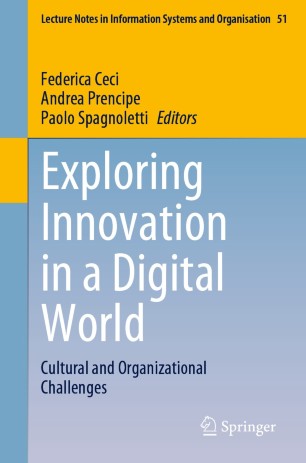- Ronald van den Heuvel
- Rogier van de Wetering
- Olaf Kruidhof
- Rik Bos
- Jos Trienekens
How Distributed Ledger Technology Can Influence Trust Improving Data Sharing in Collaborative Networks
Collaborative networked organizations (CNOs) strive to achieve a common goal. Collaboration within CNOs relies on information technology (IT) and trust. Trust appears in different forms, such as relational, contractual, and competence trust that strengthens the relationships. In addition to trust, data sharing is fundamental to CNOs, as it can improve business-to-business transactions. In this paper, we show how distributed ledger technology (DLT) can increase trust and improve data sharing. We created a decision model, using a design science research (DSR) approach, that provides a mapping between DLT-characteristics and trust antecedents in order to select appropriate DLT. We use an analytic hierarchy process (AHP) approach to establish the trust antecedent ranking within the CNO for European law enforcement (ELE), Europol and its operational partners. Our research provides an evaluated model to determine the DLT-characteristics that can increase trust and data sharing in a CNO.
Quote as
van den Heuvel R., van de Wetering R., Kruidhof O., Bos R., Trienekens J. (2021) How Distributed Ledger Technology Can Influence Trust Improving Data Sharing in Collaborative Networks. In: Ceci F., Prencipe A., Spagnoletti P. (eds) Exploring Innovation in a Digital World. Lecture Notes in Information Systems and Organisation, vol 51. Springer, Cham. https://doi.org/10.1007/978-3-030-87842-9_6

